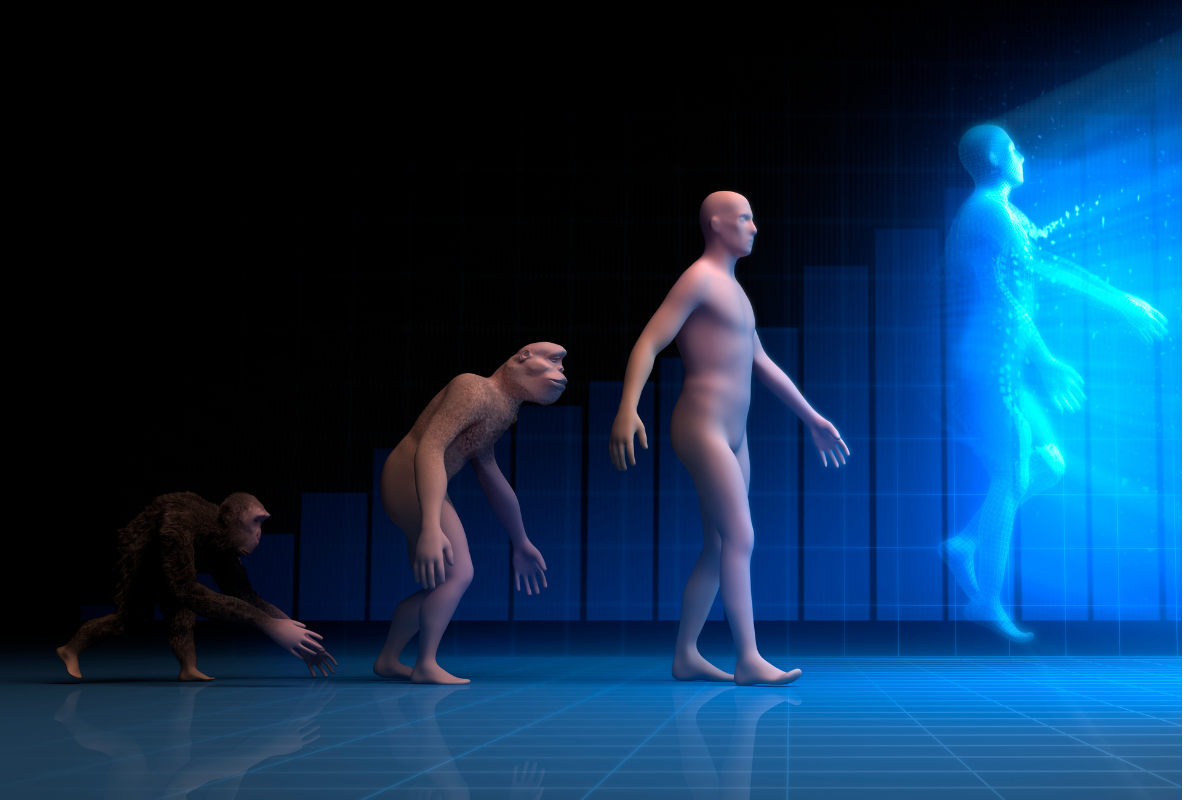How Human Extinction Impacts Earth: A Look into the Future. What happens if humans disappear from Earth tomorrow?
The Anthropocene epoch reflects the profound influence humans have on the planet. Everywhere, from the atmosphere polluted with emissions to the ocean’s depths littered with plastic, bears the mark of human intervention. Yet, with over 99% of Earth’s species already extinct, including the dinosaurs, the potential extinction of humans looms large.
The consensus among Experts
The consensus among experts is that human extinction isn’t a question of *if*, but rather *when*. Notably, Australian virologist Frank Fenner predicted in 2010 that overpopulation, environmental degradation, and climate change might render humans extinct within a century.
However, Earth will continue without us. Landscapes will transform: cities will decay, jungles will overrun fields, and the infrastructure will deteriorate. Alan Weisman, the author of “The World Without Us,” remarks, “Nature eventually breaks down or buries everything.” Before long, humanity’s remnants might only be discernible as traces of plastic, radioactive substances, and fossil records of the poultry we consumed in vast numbers.
What does the Future hold?
The question that arises is how Human Extinction Impacts Earth. Areas like the Chernobyl exclusion zone, now flourishing with wildlife despite radiation, showcase how nature can rebound post-human intervention. For instance, while ancient desert ruins persist for millennia, tropical forests swiftly engulf cities abandoned just centuries earlier.
With humanity’s absence, plants and animals symbiotically linked to us would struggle. Pesticide-dependent crops would yield to their wild counterparts, leading to a surge in insect populations. This domino effect would benefit insectivorous species, creating a ripple effect up the food chain. However, such explosive growth would be short-lived. Domesticated animals, particularly cattle and sheep, would likely face rapid decline, while wild and feral animals like wolves and cats might thrive.
Emerging of another intelligent species.
The emergence of another intelligent species post-humanity is speculative. Some theorize that environmental challenges or social complexities foster intelligence, suggesting species like baboons as potential successors. However, these theories remain conjectural.
Despite human disappearance, the environmental crises we initiated would endure. Greenhouse gases would linger for millennia, while unforeseen consequences from the meltdown of the world’s 450 nuclear reactors could emerge. Environmental disasters, from oil spills to chemical leaks, would further mar the planet.
Yet some human legacies would persist. Nature might eventually consume our plastic waste, and while infrastructure like roads might endure for thousands of years, they would ultimately succumb to natural forces. Interestingly, artifacts like ceramics, bronze statues, and monuments, including Mount Rushmore, might stand as timeless reminders of our existence.
Topics that may be of interest
- Vintage and Retro Styles: A Timeless Comeback
- Prevent and Treat Cellulite: Your Ultimate Guide
- Social Media’s Impact on Fashion Trends
- Smart Home Tech: Latest in Home Improvement
- Tech-Infused Fashion: Wearable Tech, 3D Print, Digital


